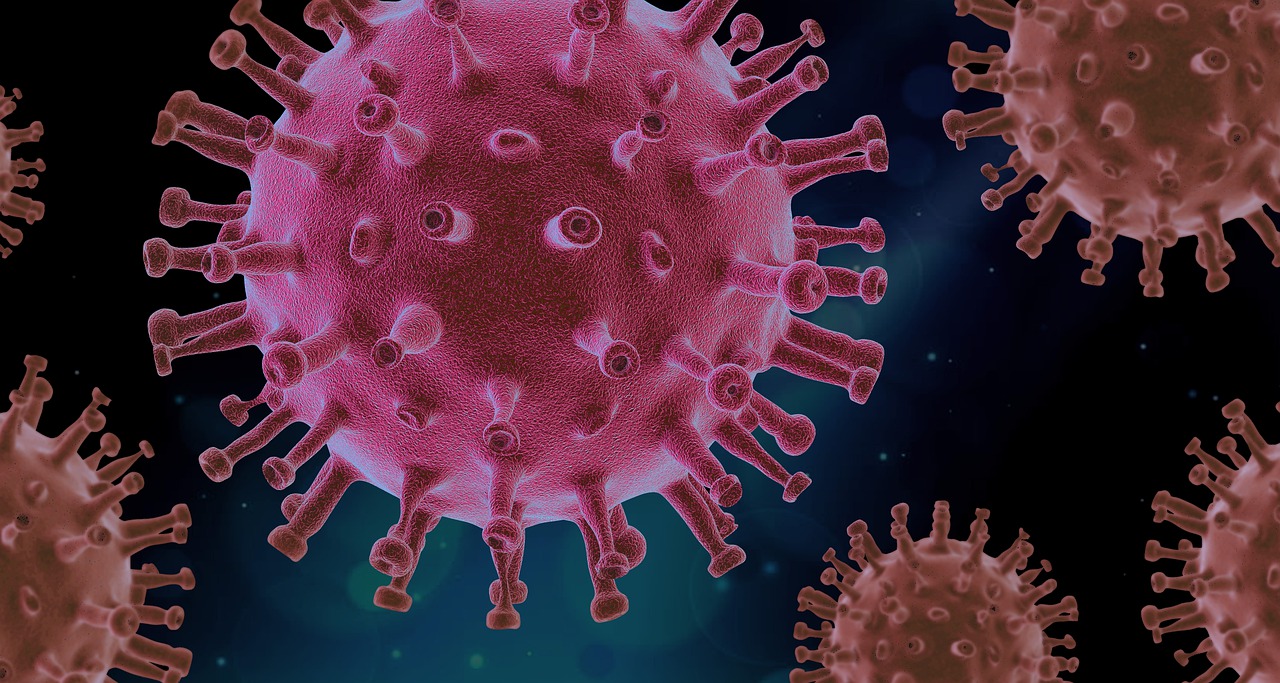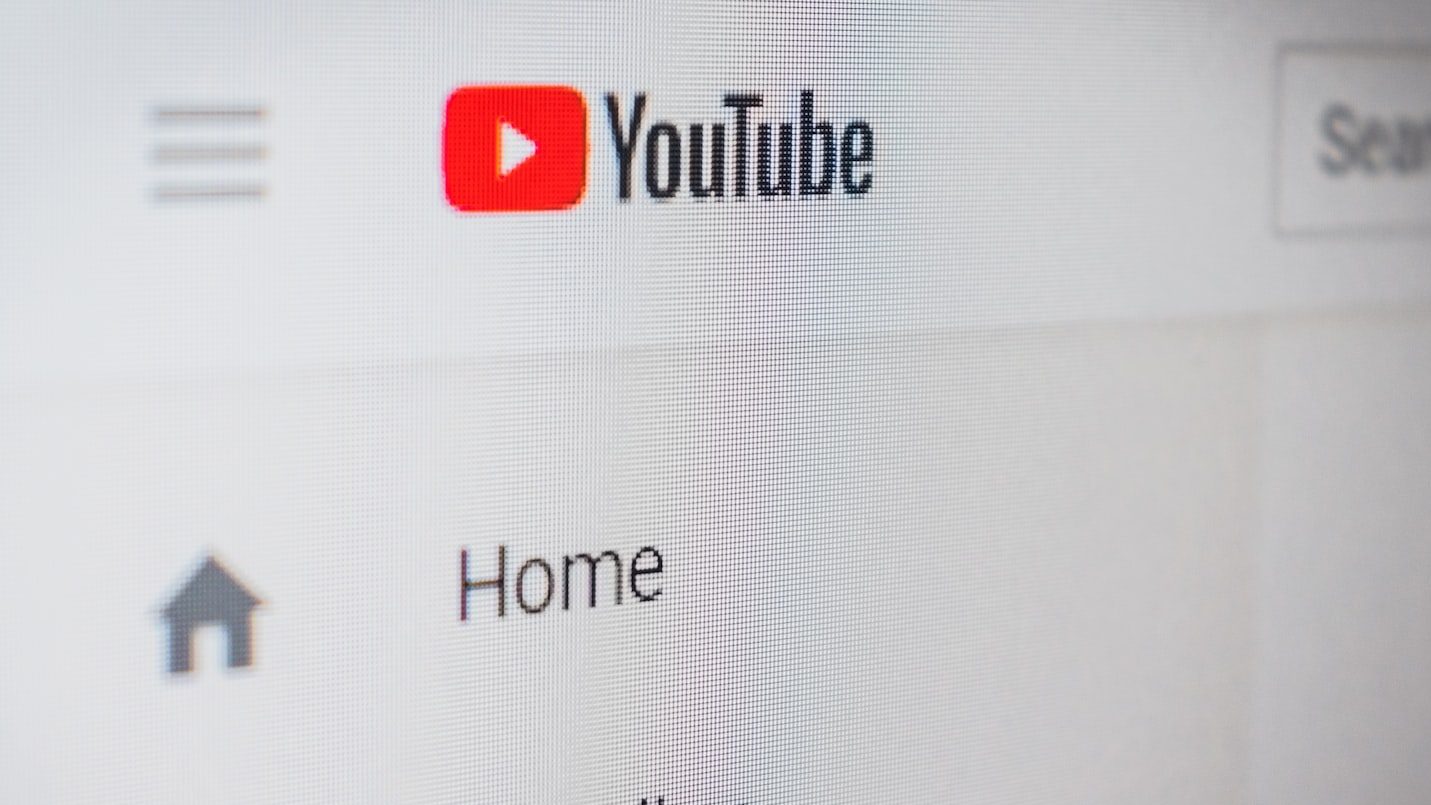Vaccine hesitancy and anti-vax sentiment have been around for as long as vaccines themselves have been available. Misinformation about vaccines has, for example, led to a decline in early childhood vaccination, resulting in the worldwide resurgence of the measles virus. In 2020, a vaccine appears to be the only viable path to ending the COVID-19 pandemic and returning to normal. But many distrust this new vaccine (or vaccines) and could refuse to get vaccinated.
In this episode of Big Tech, Taylor Owen speaks with Heidi J. Larson, the author of Stuck: How Vaccine Rumors Start — and Why They Don’t Go Away and the director of the Vaccine Confidence Project. Larson’s work in vaccine hesitancy traces the root causes to a lack of trust in and anxieties about our institutions. That distrust is shared and amplified by the social media platforms we have available today.
The COVID-19 vaccine is an opportunity to restore trust in governments, big pharma, scientists and the media, but only if it is handled correctly. Larson explains:
Read on CIGITo me, it’s the ultimate litmus test at multiple trust levels. Because, as I say in the book, I don’t think we have a misinformation problem, as much as we have a relationship problem, and that the misinformation, in a sense, is kind of symptomatic of not trusting, in any of those domains.





